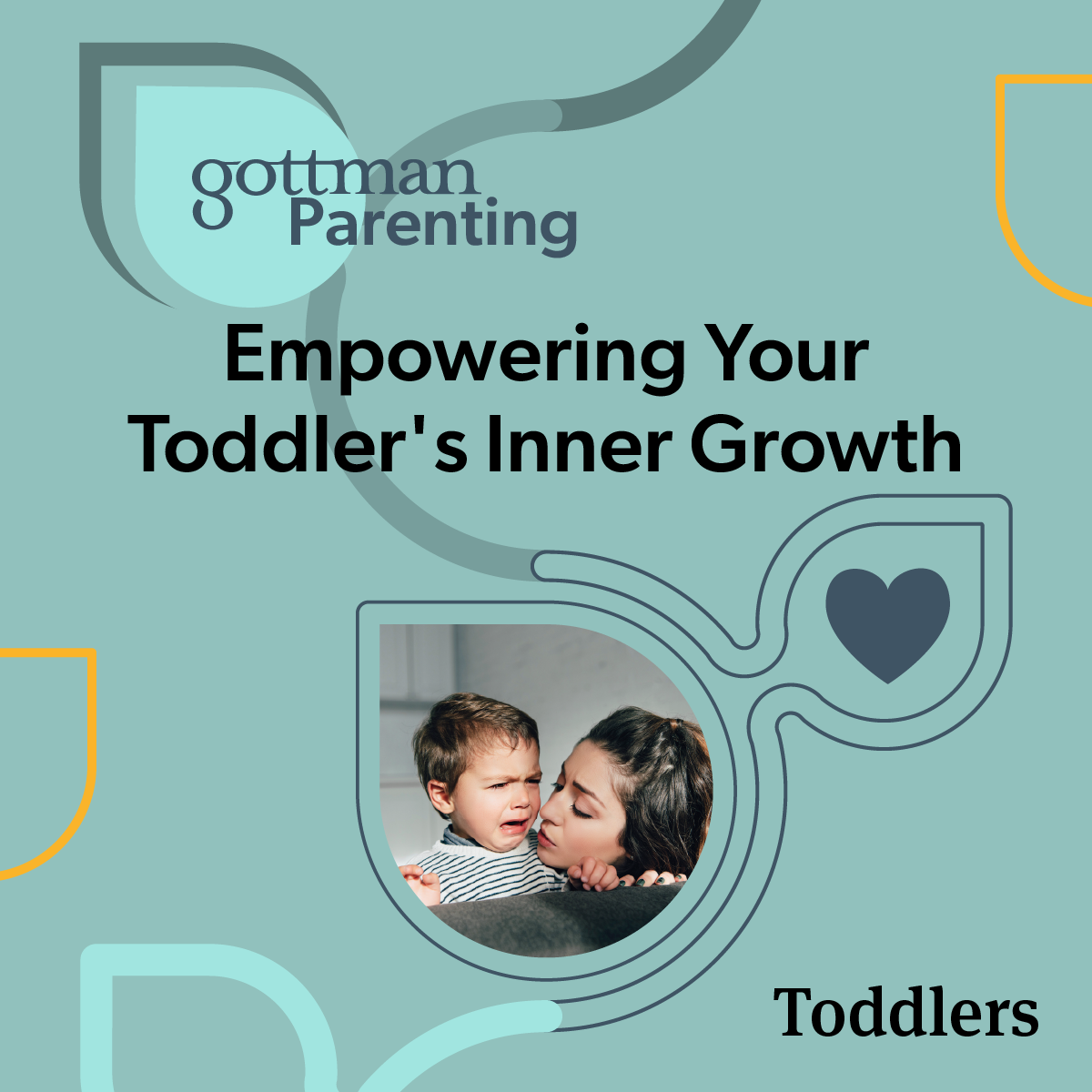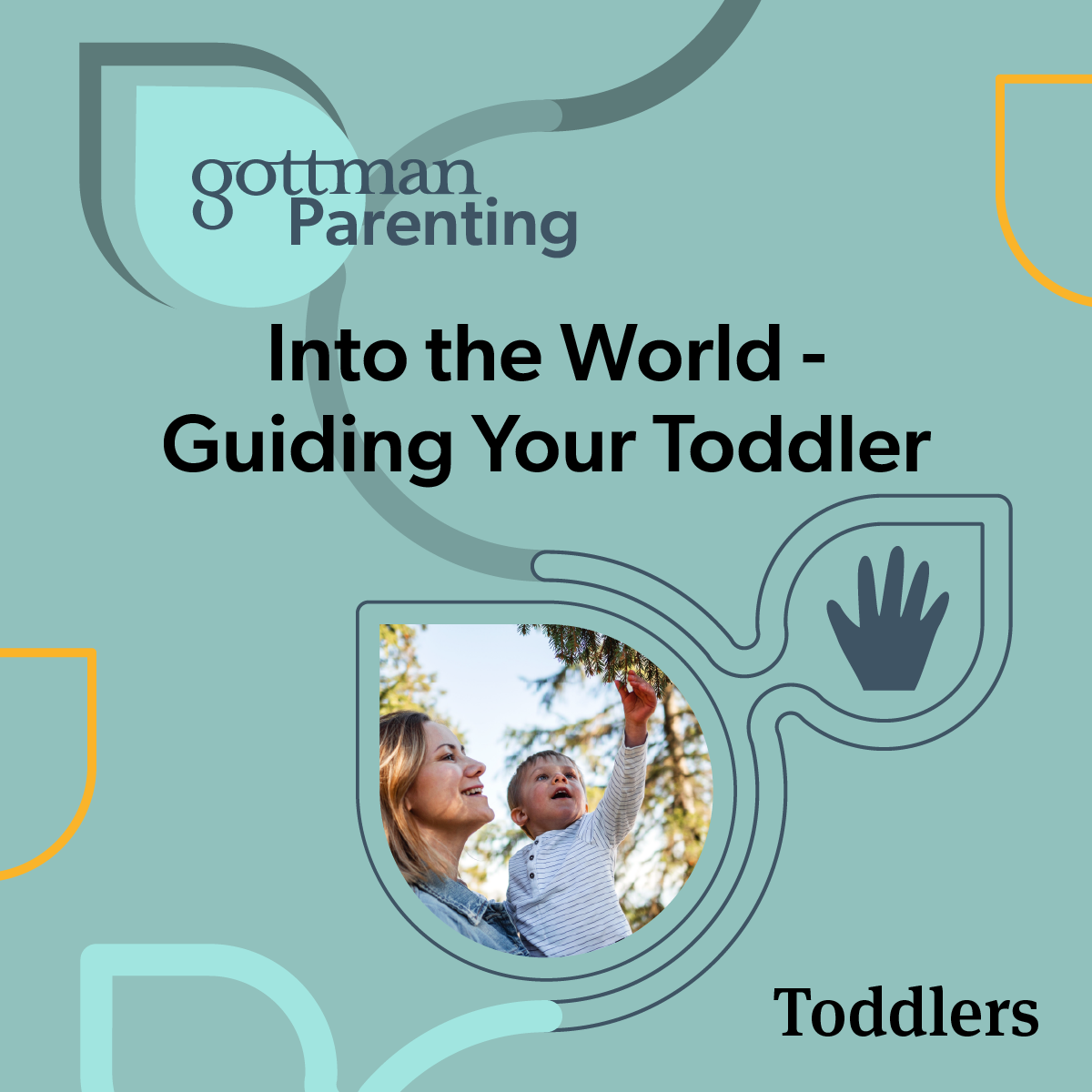John Gottman’s Four Horsemen are well known in the relationship space for leading to relationship demise. However, these types of negative interactions (criticism, contempt, defensiveness and stonewalling) can also be generalized to the parent child relationship.
In contrast to a couples relationship where there is equal responsibility for healthy communication, the parent child relationship is a hierarchical one where the bulk of responsibility lies with the parent. The responsibility to build communication, model healthy relationships and teach the tools for doing so lies with the parent.
What do we know about the four horsemen
First, we must understand that these reactions appear when a person’s survival system is triggered.
When a child, whose emotional and regulatory systems are not yet fully developed, encounters criticism aimed at them they can experience it as an attack.
Given that, the survival system of our body sends our brain a message that we are under attack, and when in danger, the “ancient” part of our brain, survival mode, which is in our brain stem, takes over and activates one of our three survival mechanisms, fight, flight or freeze. In this situation, a person is not open to listening, to conversation and/or to problem solving, as they must “remove themselves from the danger zone”.
The four horsemen in the parent child relationship
Criticism (the first horseman) may appear the moment we get mad at the child and chastise them. In contrast to a complaint, which focuses on a certain behavior or a certain incident, the criticizing message generalizes, and expresses negative emotions or opinions regarding the other person’s character or personality.
Seven year old Benny is sitting next to his brother eating breakfast. Benny notices that his brother got his favorite spoon. He objects and asks his brother to change spoons with him. While he is reaching to take the spoon, he spills the bowl of cornflakes by accident. His mother Sandra, in a rush to get through the morning tasks, gets angry at him. She turns to Benny aggressively and says: “Why can’t you ever behave properly, you are so clumsy, and always need things to be your way. Clean that up immediately!!” Benny, startled by her yelling, reacts defensively (the second horseman) – He answers her by shouting: “It’s because of you! I told you not to give me cornflakes, I hate cornflakes and I hate you!”
Understanding the criticism defensiveness cycle
You can tell that Benny was overwhelmed from his reaction. He did not mean to spill the bowl and felt under attack and humiliated. His way of defending himself was a defensive attack in the form of “It wasn’t me, it was you!”
When Sandra reacts to Benny, she criticizes him harshly. Her words have a tone of contempt (the third horseman), when she says “you are so clumsy and you always need things to be your way”. Contempt is the most destructive horseman because it conveys humiliation and superiority.
Sandra reacts to Benny and yells, “Don’t speak to me like that, you are rude and disrespectful!” Benny throws the spoon on the floor, crosses his arms and lowers his head in anger. From this moment on he stops communicating with his mom. Sandra continues talking to him, asking him to get up and clean up the mess, but he disengages and withdraws.
Sandra’s critical response towards Benny overwhelms him emotionally. Benny can not take the attack and chooses to disengage from the situation. Here we encounter the fourth horseman – stonewalling. Benny is present physically, but emotionally and cognitively he is in another place. He is quiet and unresponsive, waiting for the storm to pass. Benny disengages and because of the intense emotional storm he feels, he withdraws into himself.
How could it have been managed differently?
How can we define boundaries for a child, reflect our feelings and thoughts, and at the same time successfully connect with them so that they hear us and change their behavior?
As parents we are our children’s most important role models. Children learn from us, not only through our words, but also through our behaviors and actions that we may or may not be aware of. In order to improve communication with our children and promote their healthy social emotional development, we must be aware of our reactions and stay away from the Four Horsemen in the parent child relationship.
We will begin with the basics – if we wish to say something to our child in order to help them change their behavior, we must be aware of how we are talking to them and what non-verbals we are communicating.
Softened start up
Instead of criticism, we will use a soft start up in 3 steps:
1) This is how I feel (I am very angry)
2) About what (You wanted to take the spoon from your brother, and you spilt the cornflakes)
3) and this is what I need/want (you to clean up the spill).
It is important to remember that children have very well-developed sensors for inauthentic messages. Parents must talk to their children when regulated and capable of managing the conversation from a place of calm.
However, it is not always possible to take a break as a parent, so you can respond by focusing on the incident. “It makes me angry that you weren’t careful and the cornflakes spilled. We are in a hurry now, so let’s talk about it later. Get your backpack and let’s go to school”. Sandra is not ignoring the incident but helping herself get regulated and leaving an opening to talk about it at a more appropriate time.
The importance of self regulation
When overwhelmed, our physiological system operates out of a survival mechanism and needs regulation and relaxation. The most effective way to do this to take a 20 minute break.
Once the system regulates we can go back to the child and have a conversation using the gentle start up. We use the “I” language, about what happened to us during the incident, what we felt, and what we need and/or expect from the child. The response relates only to the incident itself and does not generalize to the child’s personality or all of his behavior.
Sandra went to Benny after dinner, when they were both relaxed and said: “You know, this morning, when the cornflakes spilled, I was very angry and thought you weren’t being careful when you knocked over the bowl. Can you please try to be more careful in the future?”
Benny listened to his mother and responded: “But mom, you always yell at me. I did not mean to spill the cornflakes, and it isn’t fair that you gave my brother my favorite spoon”.
While he does criticize his mother, he was able to say it calmly without yelling or being aggressive.
Here we recommend that Sandra be attentive, even though Benny just blamed her, because he is talking about his experience. To keep the conversation moving forward, Sandra takes responsibility for her part (antidote to defensiveness).
She says to Benny: “I know you really like the green spoon. Next time I’ll pay better attention”.
Taking responsibility
In her anger, Sandra told Benny that he is “clumsy and insists on stupid things”. These words convey a message of disdain and belittlement. As parents we must be careful about any message of disdain or humiliation towards a child. It is our responsibility as adults to protect their emotional well-being and instill confidence in them even though it is not always an easy task.
If we make a mistake, we must take responsibility for the incident. While taking responsibility, it is important to describe our feelings and needs to the child (the antidote to contempt) and ultimately to apologize. The ability to admit to a mistake and apologize is important to model.
In our case, Sandra says to Benny: “Sweetheart, this morning I said some things that I did not mean. I was very stressed out and responded in an unkind way. I am very sorry”.










